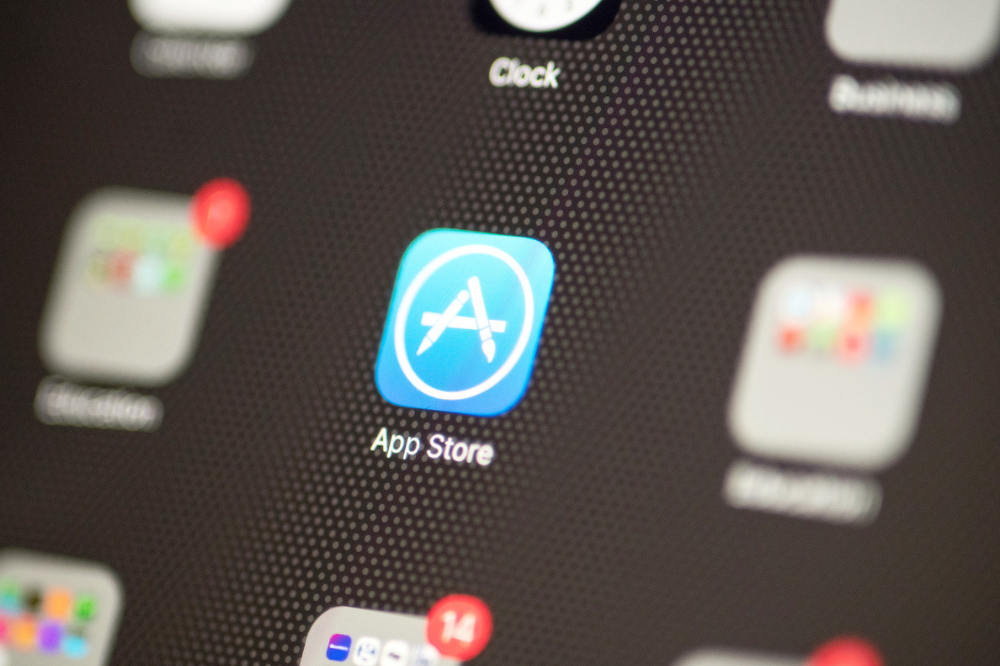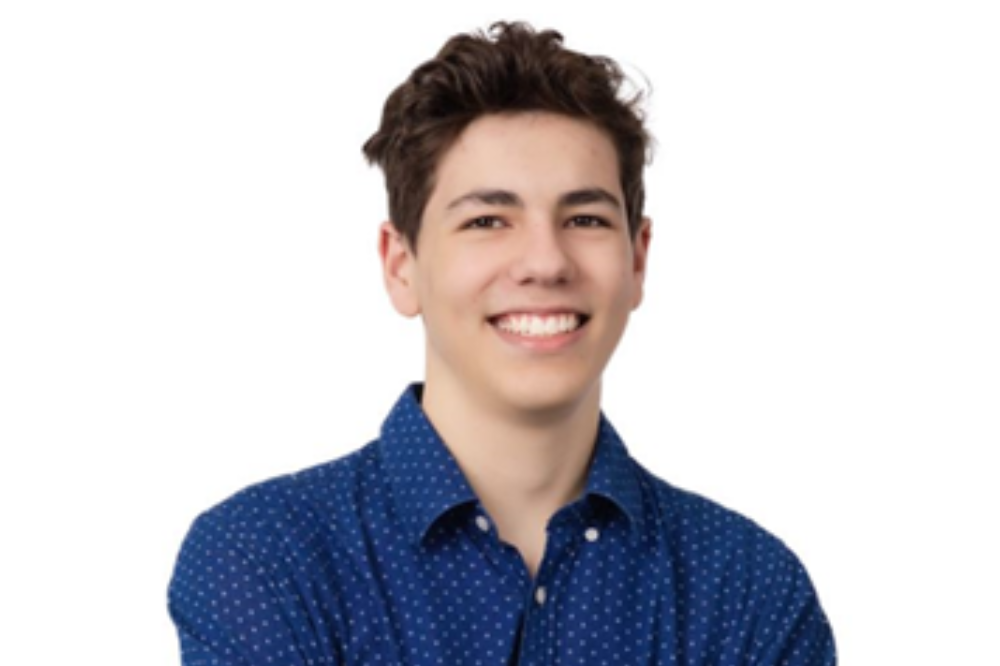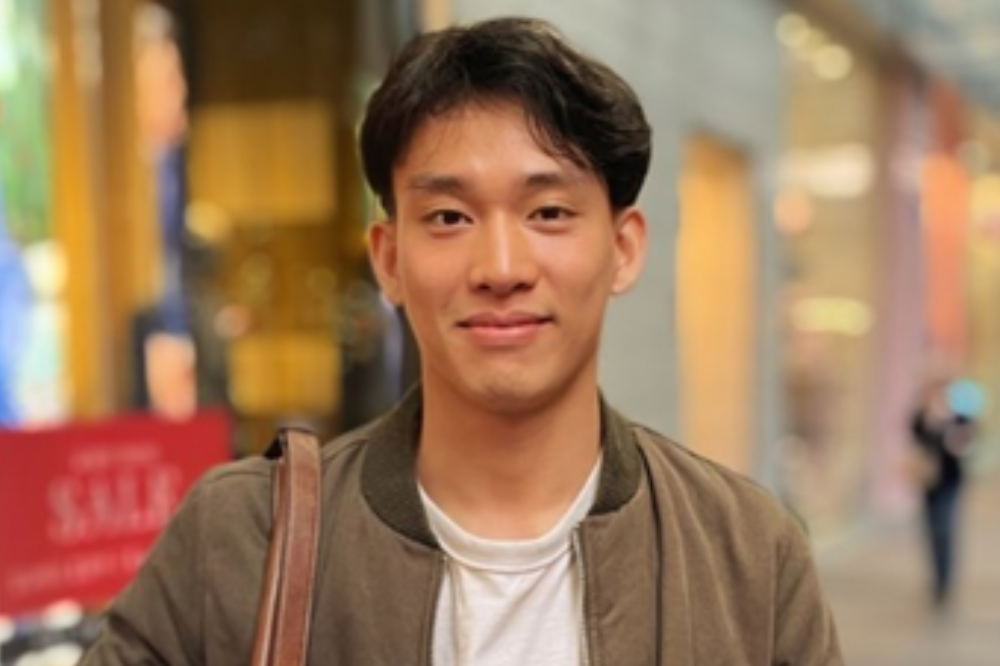
In an era where digital literacy has become as crucial as literacy and numeracy, schools are hard at work to ensure that young people don’t just regularly brush up on these skills to ensure they don’t fall behind, but understand the importance of these skills to their lives beyond school.
Over the last few years, the pandemic has seen technology thrust to the forefront of teaching and learning, not to mention the new Australian Curriculum, which will see a greater focus on improving young people’s digital literacy.
The technology sector currently contributes about $167bn to the Australian economy, which is around 6.6% of GDP. By 2030, that contribution is expected to grow to about $207bn per year, with the right policy settings and digital skills training.
As the one company that has arguably been ahead of the tech curve for nearly 50 years now, Apple has provided a platform for young people to not just hone their digital skills, but supercharge them and potentially create world-changing innovations.
In 1993, Apple Inc launched the Worldwide Developers Conference (WWDC) Scholarships to recognise and reward young people based on their creativity, technical skills, and prior computer programming experience. In 2011, the tech giant began running a formal program for school-aged students at WWDC, hosting thousands of young people eager to make their own innovative mark on the world.
Student developers from all over the world submitted to Apple’s ‘Swift Student Challenge’ by creating an interactive scene in a ‘Swift playground’. Challenge winners receive one year of membership in the Apple Developer Program, a complimentary voucher to take an App Development with Swift certification exam, and a special gift from Apple.
Fifty Distinguished Winners, who are recognised for outstanding submissions, will be invited to Cupertino, California for a three-day experience.
To support teaching Swift Playgrounds for educators, four new ‘Everyone Can Code’ projects will provide step-by-step resources to guide students in developing essential skills while creating apps that solve problems they care about.

‘A music app, with accessibility at the core’
Jesaiah Creek is a 16-year-old student from St George Christian School in New South Wales. At the young age of 13, he taught himself to code – a skill that many adults struggle to learn.
In 2023, Creek won the Swift Student Challenge with his entry, PocketsSax – an app which allows anyone to play an instrument transcending financial restrictions or disabilities, particularly those hypersensitive to noise. He has since continued to build on the app to win the 2024 Challenge accolade, creating a more personalised experience for learners.
Since winning the Challenge last year, Creek has become a conference speaker, promoting education and technology and has even met Apple CEO Tim Cook.
To teach other kids his age how to code, Creek has started a lunchtime course for students at his school.
“PocketSax, now called SaxApp, is a way for anyone to learn the saxophone. It’s about giving everyone the opportunity to learn an instrument, regardless of disability or financial status,” Creek told The Educator.
“Since the previous version, SaxApp has changed quite a bit! The app's metronome is extensive, and now uses the phones flash to help the musician keep in time. This is in addition to the sound and vibration modes it had before.”
In addition to this, the app now offers more than $25,000 worth of musical instruments with accessibility at their core. Creek said the virtual saxophone can now be changed to sound like a clarinet, flute, trumpet, guitar, or violin. Using SaxApp, you can use your saxophone skills to play even more instruments.
“SaxApp also now lets you record songs and share them to your friends and social media. And even if you are in a noisy area, the app will only record the sound of the saxophone; nothing else,” Creek said.
“One of my favourite new features is the ability to play sax over the top of my favourite songs. On my phone, I can start a song on Apple Music or Spotify, and then switch to SaxApp and improvise over it.”

‘A supportive morning routine companion’
Mason Cao is 20-year-old student studying a Bachelor of Computer Science at RMIT University in Melbourne. His love of programming started in July last year when he first learned Swift programming as part of the Apple Foundation Program at RMIT.
Addressing his own struggles with ADHD, his entry MorningDew helps people kick start their day and manage the many distractions mornings can bring.
Designed with accessibility and inclusivity in mind, the app is a small bid to lessen the stigma around ADHD and show how those impacted can be just as high functioning as anyone else in the workforce.
After completing the Apple Foundation Program at RMIT, Mason was inspired to take on more challenges and won his first hackathon. He hopes to continue on his tech journey to create revolutionary and disruptive Apps.
“The inspiration for MorningDew came from my own struggles with ADHD and time management, especially in the morning,” Cao told The Educator. “An intended 20-minute routine often turned into an hour!”
Cao calls MorningDew “a supportive morning routine companion.”
“It keeps users on track by using fast music, timers, encouragements, and alarm checkups. With MorningDew, those with ADHD can start their day with a sense of accomplishment and confidence,” he said.
“Then maybe, in turn, it will also help to reduce the stigma surrounding neurodevelopmental disorders in our broader society and workplace.”

Helping people navigate an ‘invisible’ disability
Anh Nguyen, a 24-year-old student in his final year at the University of UNSW, has been teaching himself the ins and outs of programming through YouTube and online courses.
Inspired by his friend who is colour blind and a mistaken purchase of pink shoes, his winning entry is a visual simulator of different vision impairments, allowing people to better understand and empathise with the everyday challenges people experience.
Nguyen has previously developed an AI travel companion app that generates travel itineraries based on real time weather, hotel and pricing information.
“One day, a close friend that I had known for years asked me what I thought of his new joggers. Seeing that they were pink when he perceived them as grey surprised me,” Nguyen told The Educator.
“From this I learned that he had deuteranopia [red-green colour blindness]. Talking more about his experience with colour blindness was a revelation. I never knew about the challenges he had - for years it had been an ‘invisible’ disability.”
To foster empathy of some of the challenges he faced, Nguyen created a visual impairment simulator for Apple's 2024 Swift Student Challenge.
“The app aimed to simulate visual impairments through a modified camera feed. To contrast perceptions, it also provided an option to toggle simulated impairments during mini games.”


